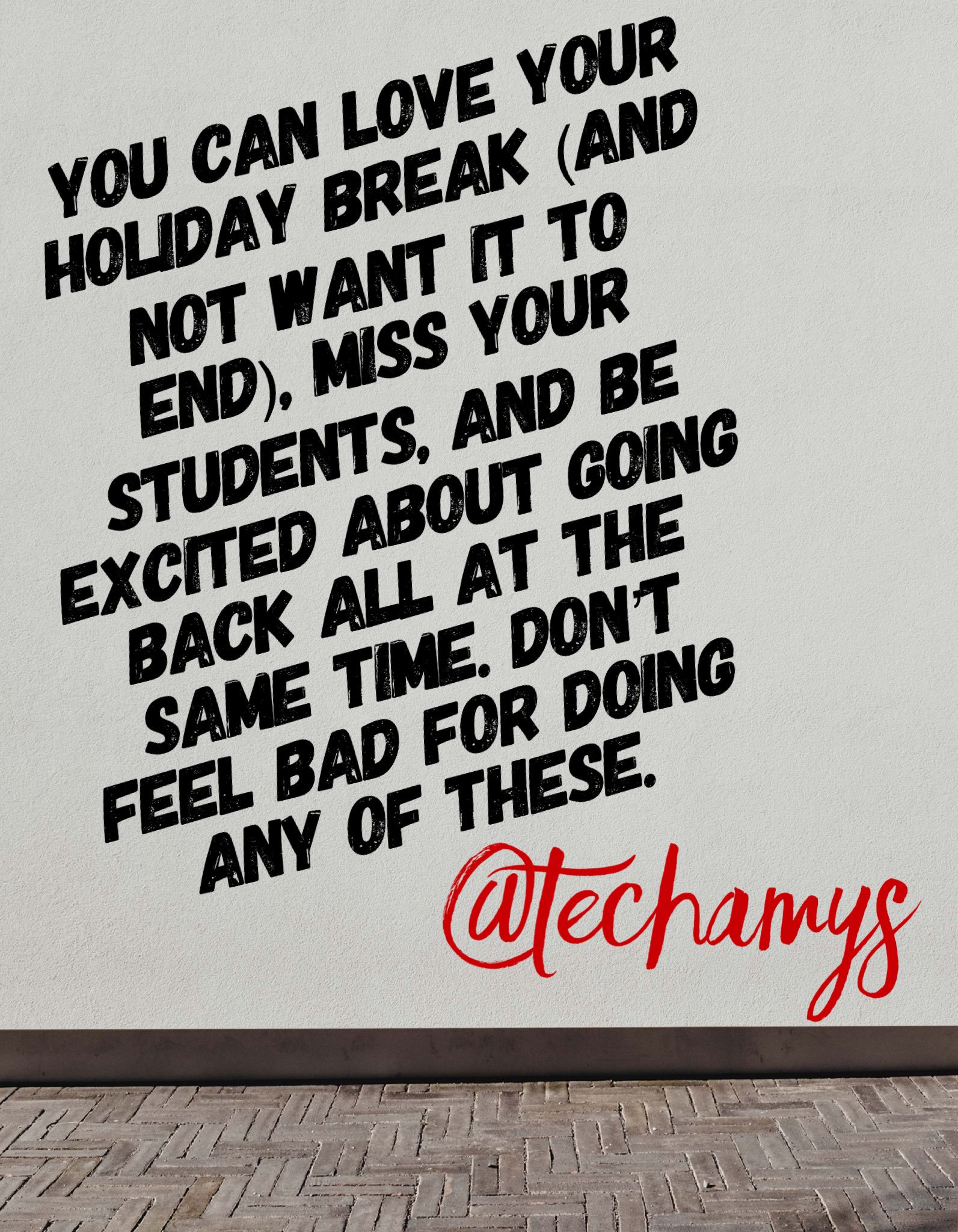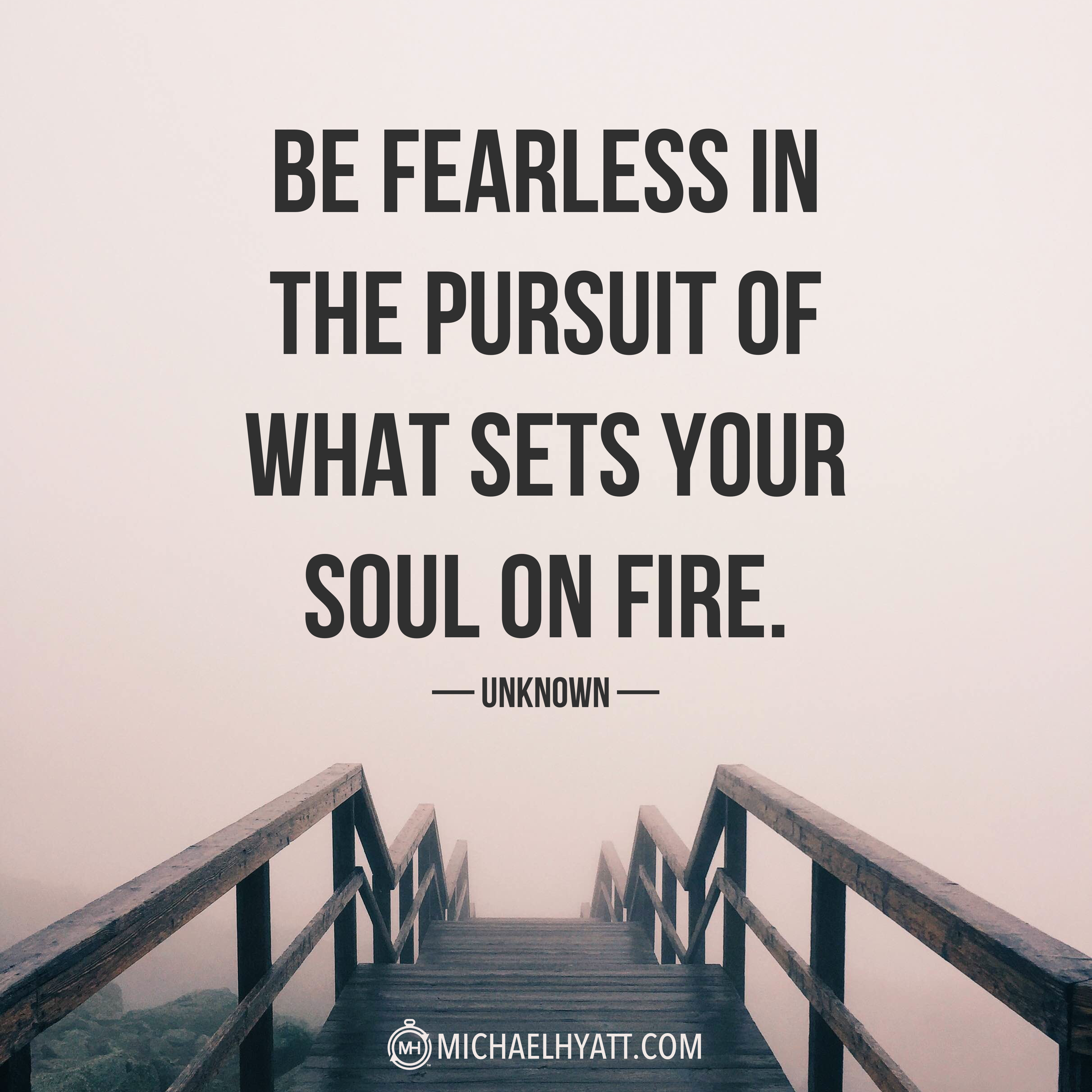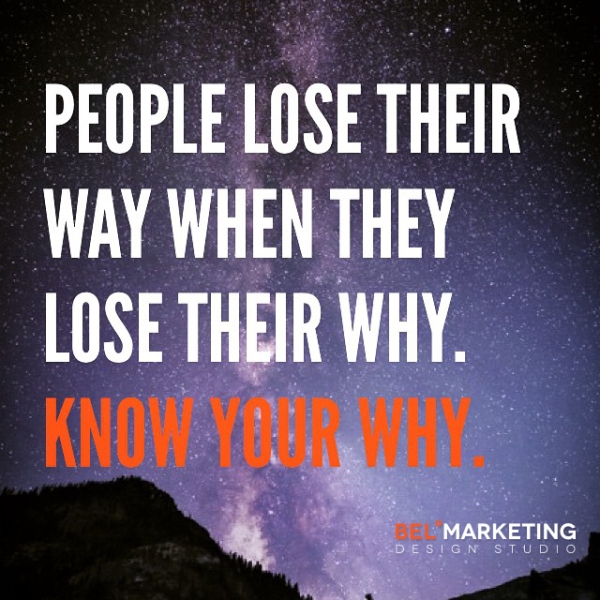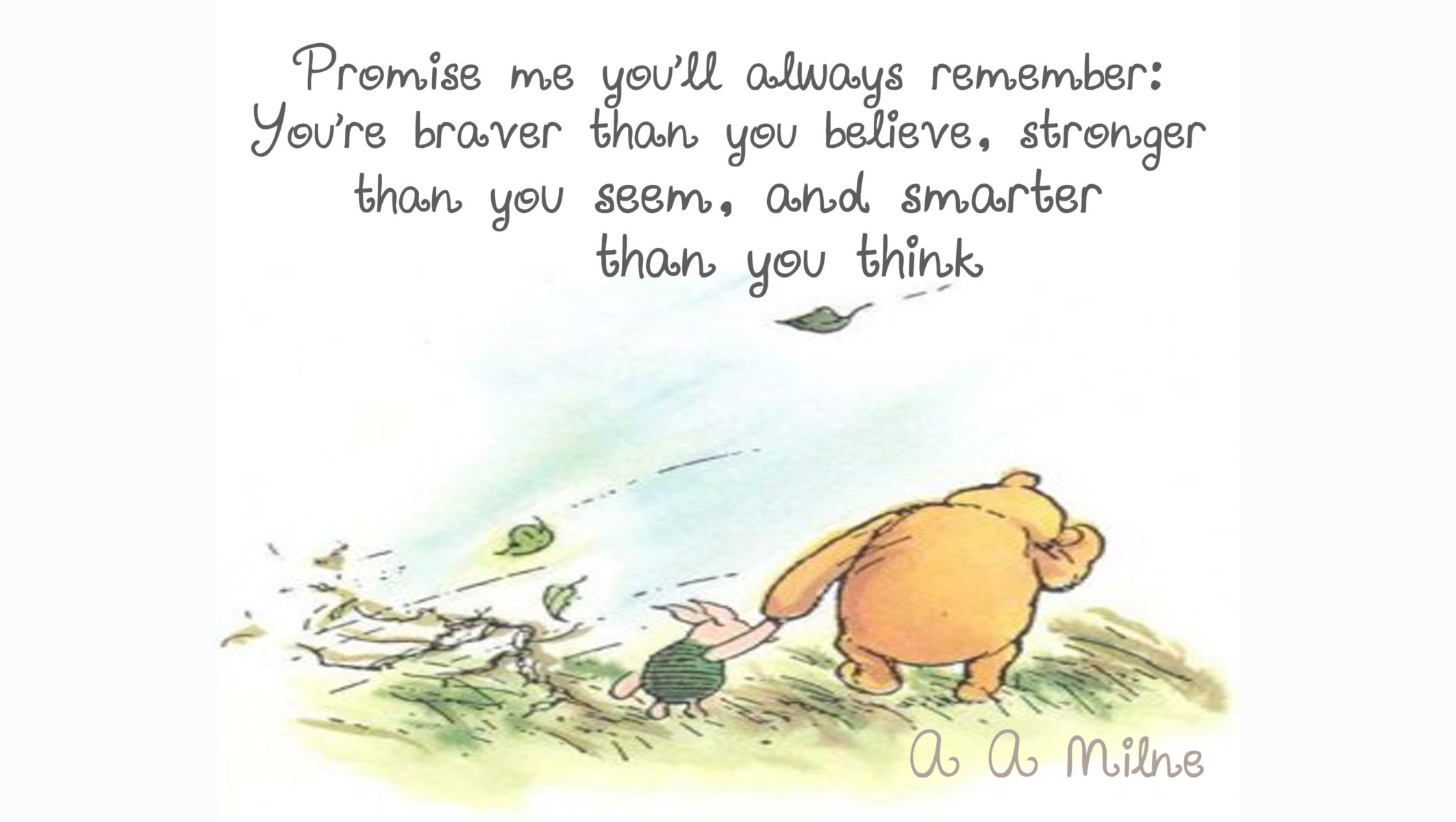I was recently asked why I have such a problem with the term “learning loss” (or any version of that term). It’s not that I don’t believe that there has been the potential that learning loss has happened. It’s not that I don’t believe that we need to address certain gaps. It’s that focusing on learning loss accomplishes only two tasks:
- To make hardworking educators feel like no matter what they did during the pandemic it wasn’t good enough. And there’s no space where I feel like perpetuating an idea like that is going to put people in the right mindset to return to school refreshed versus anxious. Excited versus exhausted.
- It may dilute the importance of addressing the emotional gaps and missed social growth that typically also happens in a year. If we continue to rest in the idea of learning gaps, I feel like we are going to hit the ground running – only to find ourselves running in place – or worse – backwards.
Why? We have healing to do before we have any hope of learning content. If we were EVER able to make students learn more than a years worth of growth, why weren’t we doing it consistently all this time? And now we hope to do it as they come back from a global pandemic? If we continue to look in the rearview mirror we are going to crash. Best we look forward and start the learning journey where we can.
Even if school already returned to session in-person prior to the end of the 20-21 school year, many schools moved back and transitioned right into learning content because school was already in session. Taking time to address even the typical beginning-of-the-year family-building, social adjustment seemed out of place. And as I’ve expressed before, whatever happened was the best that everyone could do at the time. It wasn’t wrong, necessarily, it just was. But, we have the opportunity to start fresh next school year.
One of the pathways for healing is to step into emotions. Find them, name them, and walk through them. Students (and most adults) don’t necessarily know how to do this. Here are some activities to help students find social-emotional gaps from the pandemic and identify feelings they may have had and help deal with stress and anxiety.
Collaborate With the Arts
We have had solid research for years now on the positive impact of the arts on social-emotional wellbeing and mental health issues. This research has recently been brought back as a way to support students post-pandemic and provide them an outlet for emotions and stress they may not have had the chance to address.
“The arts offer unique opportunities to support SEL skills such as emotional regulation, personal aspirations and compassion for others, which can effectively engage students facing higher levels of personal trauma or distress…In a child’s early years, participation in the arts can have positive impacts on their cognitive development. Music instruction can help youths improve their self-efficacy and self-esteem, and can provide opportunities to develop relationship-building skills and form new perceptions about themselves and their communities. The benefits of arts participation can also help educators strengthen their self-efficacy and support positive personal transformations.”
Supporting Student Wellness Through the Arts (Dell’Erba & Quillen, 2020)
Specifically, collaborate with the Art teacher (could also be graphic arts, industrial arts) and allow students to complete a piece that represents either their feelings during the pandemic or their feelings now after the pandemic. Allow them to recognize their sad emotions as well as their positive emotions. There are no negative emotions. All emotions are valid and need to be worked through. When finished, display them in an optional gallery (don’t force students to show their pieces as they may be intensely personal).
Another option would be to work with the music teacher to listen to other pandemic era specific songs, analyze them, and then write lyrics that would sound like and address our latest experience as music also has been shown to reduce mental health issues.
CASEL SEL Core Competencies Addressed: Self-Awareness, Self-Management
Maslow Level: Esteem Needs (feeling of accomplishing something), Love and Belonging (we all went through something together, I’m not alone)
Small Moment Narrative
When I was a teacher, one of my favorite literacy lessons was the small moment narrative. We would read multiple mentor texts and excerpts to really understand how important the senses and emotions of the moment brought life to the story.
Couple a small moment narrative with the research behind the power of writing to build resilience and work through emotional trauma, and this can become a healing activity.
“…people experience a positive effect from employing expressive writing to cope with difficult life experiences. Even though a traumatic or grievous experience comes crashing into one’s life unbidden, through writing, one can shape and explore the difficulty.”
Writing for Healing: Writing it down will help you work through difficult times (Hocker, 2018)
There is a powerful student video by Liv McNeill that illustrates what some of her peers were experiencing during the pandemic called Numb (secondary students only in my opinion) that could be used as an example of a visual of a small moment and how she communicated her frustration through the moment – although technically the video is meant to represent time passing.
It’s okay in this situation to ask students to reveal a moment that they were feeling OR that they imagine their peers to feel. This takes the pressure off and allows more vulnerability if they would like to work through that particular healing but do not want to take on the added pressure of the vulnerability. The therapy is in the writing, not in the display of their emotions.
Other options would be to allow students to create a video like Liv’s to express their emotions during the pandemic or instead of a small moment narrative, ask students to write letters to their pre-pandemic selves describing their experience and emotions.
CASEL SEL Core Competencies Addressed: Self-Awareness, Social-Awareness, Self-Management, Responsible Decision-Making
Maslow Level: Love and Belonging (we all went through something together, I’m not alone), Safety (I can experience psychological safety while being vulnerable)
Deep Breathing Exercises
Deep breathing has been shown to reset our brains and bring us to a more neutral place. If this activity needs to be connected to content (I don’t believe it does) it could properly fit into any science lesson on the brain and body or psychology unit on mindfulness.
“Breath-focused meditation and yogic breathing practices have numerous known cognitive benefits, including increased ability to focus, decreased mind wandering, improved arousal levels, more positive emotions, decreased emotional reactivity, along with many others…The research shows for the first time that breathing — a key element of meditation and mindfulness practices — directly affects the levels of a natural chemical messenger in the brain called noradrenaline. This chemical messenger is released when we are challenged, curious, exercised, focused or emotionally aroused, and, if produced at the right levels, helps the brain grow new connections, like a brain fertiliser. The way we breathe, in other words, directly affects the chemistry of our brains in a way that can enhance our attention and improve our brain health.”
The Yogi masters were right — meditation and breathing exercises can sharpen your mind: New research explains link between breath-focused meditation and attention and brain health. (Trinity College Dublin, 2018)
There are multiple types of breathing exercises that can be tried, but keep in mind that not all breathing is considered mindful breathing, meditation, or deep breathing. Here is an activity that can be done quickly and is relatively simple. The recommended time is five minutes which would obviously need to be adjusted for small children.
2-1-4-1 Breathing
Get into a comfortable position. Close your eyes if it feels okay.
Breath in through your nose for a count of two. Pause for a count of one.
Release your breath slowly for a count of 4. Pause for a count of one.
Repeat.
If this becomes too easy or feels too short, change the time to 4-1-6-1 or any version that seems to work for you. Find more breathing and meditation exercises in my Building Resilience Through Mindfulness for Educators on Thinkific or Udemy.
CASEL SEL Core Competencies Addressed: Self-Awareness, Self-Management
Maslow Level: Psychological Needs
Social Games
I believe that games in the classroom are a fantastic way to engage students, and board games specifically help students develop social skills by working collaboratively with their peers. However, as I discuss social games here I’m specifically talking about partnering with the Physical Education teacher to plan additional time for students to interact in a physical way but also try to mind the gap of the social experiences that they may have had because of the pandemic. In tandem with this, I could quote the mountain of studies done to support additional recess time for students as a way of developing SEL skills as well.
“Physical activity has a small but significant effect on the mental health of children and adolescents ages 6 to 18, according to a review of 114 studies. On average, young people who exercise more have lower levels of depression, stress and psychological distress, and higher levels of positive self-image, life satisfaction and psychological well-being. Exercise may also protect children’s mental health over time: One study found that 6- to 8-year-olds who got more exercise had fewer symptoms of major depressive disorder two years later.”
How and why to get children moving now (American Psychological Association, 2020)
There are multiple ways to include physical activity in just about any content area. Reviews can be done in game situations where students need to run and grab a certain color ball or baton to answer a question. Students can collaborate to design their own physical games that the class can then play. Physical education educators are brilliant at developing movement activity and can be an ally when taking on this type of opportunity. Any type of activity that gets them moving (preferably outside or in an open space like the gym) and working together will allow them to build some of the social skills they may have missed during the pandemic.
CASEL SEL Core Competencies Addressed: Self-Awareness, Self-Management, Relationship Skills, Responsible Decision-Making, Social Awareness
Maslow Level: Physiological, Safety, Love and Belonging, Esteem
Taking time a the beginning of the year to work on the emotional gaps and social skills that students are lacking from the pandemic is going to be a key way to not only sooth their nervous systems but help them understand their emotions and work through them in a healthy way. It’s also how we will best get to the point of real learning. In this case, the idea of going slow to go fast is going to be key. Some districts might feel like dealing with students’ SEL needs should come second to the work that has to be done, but what they need to understand is that social-emotional support and growth IS the work that needs to be done. And when it’s done well, the rest of the learning will come.
Find more information on the CASEL SEL Core Competencies here.
Reach out to me to discover how I can support your district in professional learning on educator mental health, SEL, edtech, and professional learning books using CARES Act grant funding.






